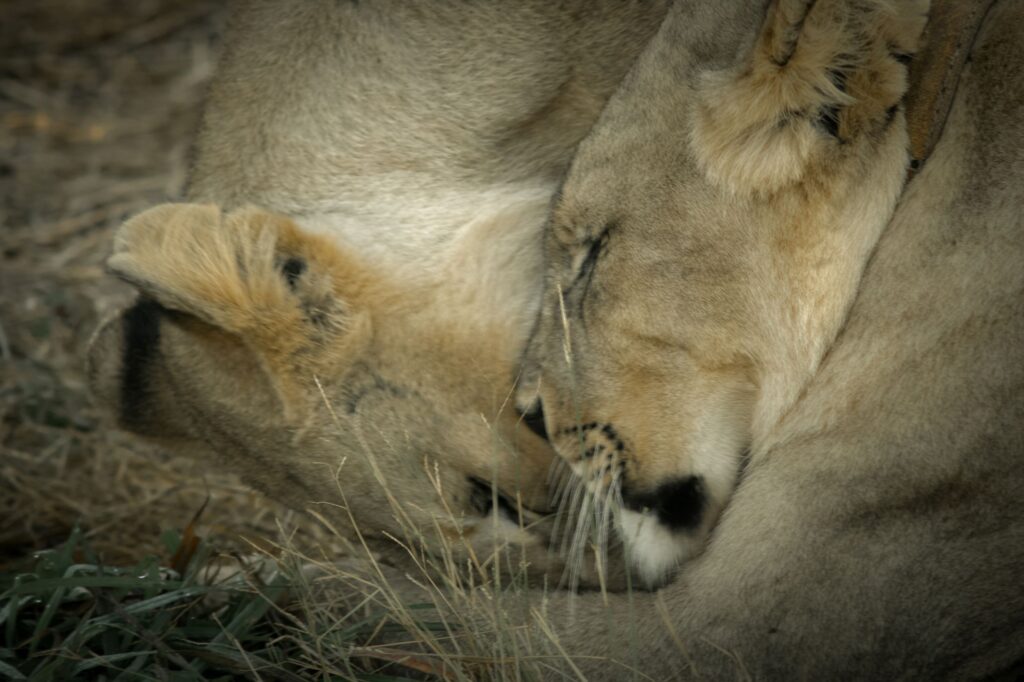By Enorha Guimard
08/02/2024
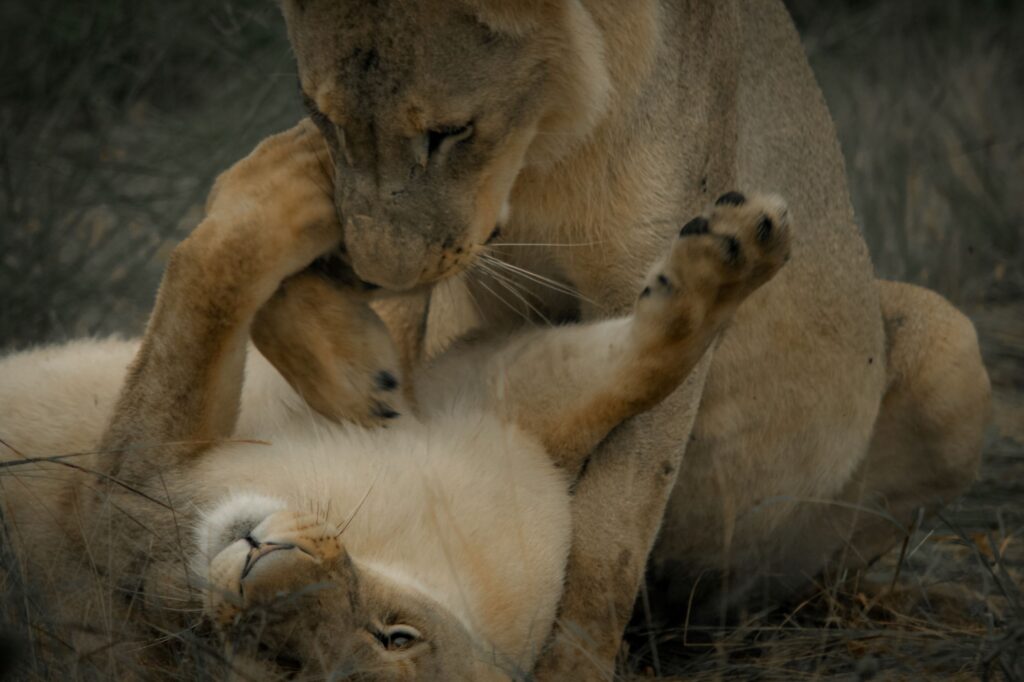
I still remember Africa like it was yesterday. I was a university student, already certain that wildlife conservation was my life’s calling. My mind was brimming with dreams of adventure, a deep desire to explore, to be awed, and to feel truly alive. It was my first time traveling outside of Europe, and I was going alone. I vividly recall the feeling in my chest—a familiar tightness I get when I’m nervous. It’s always there, even now, when I step into the unknown, unsure of what lies ahead or whether I’m up to the challenge. But the thought of what I might experience in Africa made most of my fears fade away. All I could think about was the wildlife I hoped to encounter and the stories I would gather, memories that would stay with me for the rest of my life.
Africa has a certain magic, something special that anyone can feel the moment they set foot on its soil. I remember my friend Emma from Sweden once saying, ‘You know that feeling, like you’ve come home? Because Africa is where our ancestors came from.’ She was right—there’s something undeniable about it. No matter where you go, Africa has a way of capturing your heart and making you feel like you’re a part of it.
I applied for an internship at an NGO called ALERT, the African Lions and Environmental Research Trust, based in Livingstone, Zambia. I still remember when I arrived—Sara, the volunteer coordinator, picked me up from the airport. I always admired her for her dedication to the project and the way her passion for the animals shone through her smiles. She poured her heart into her work, with unwavering determination. The heat was intense, and the sun was blinding as we drove in a Land Rover toward the volunteer house. My head was spinning as I took in the sights of Livingstone—a bit crowded that day, with curious eyes following us. I was trying to focus on the buildings, the trees, and at the same time, on what Sara was saying. It was the first time I had spoken English in another country, and I had to concentrate hard, trying to understand both the words and the unfamiliar accents. I felt a bit lost, but in a good way, surrounded by the vibrant, exotic colors of Africa—colors I still miss to this day.
Meeting people from all over the world was incredibly inspiring. Some of us already had a clear purpose or an idea of what we wanted to do with our careers and lives. Others simply needed to disconnect from the fast-paced chaos of modern society, seeking a place where time seemed to stand still, just to enjoy the serenity of wildlife. I couldn’t wait to see the animals, but I didn’t have to wait long. The very next day at the office, located in Mosi-oa-Tunya National Park, baboons were already checking on us, hoping to steal any food left unguarded. The old Land Rover was ready to take us deeper into the park, and we jumped on board, filled with excitement.
Every day as we drove into the savanna, I couldn’t help but think back to my childhood, watching cartoons and nature documentaries about African wildlife. Now, standing here, I realized just how fortunate I was to live out one of my childhood dreams. Growing up often makes us forget what we once believed in and cherished, but I’m so grateful I didn’t forget my dreams. I still listen to them, and they continue to guide me
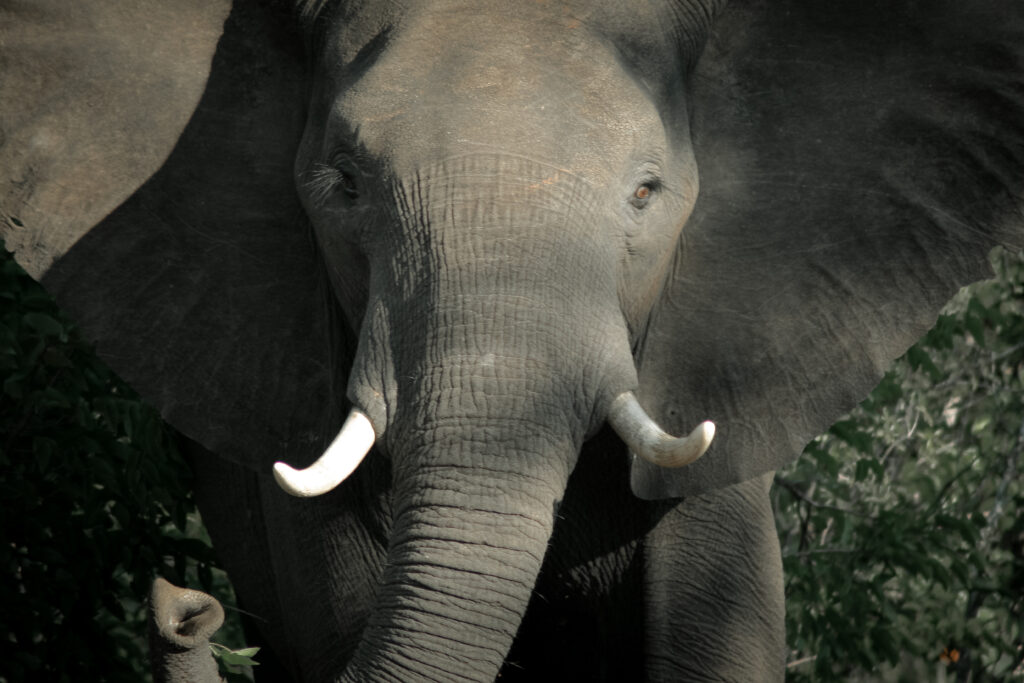
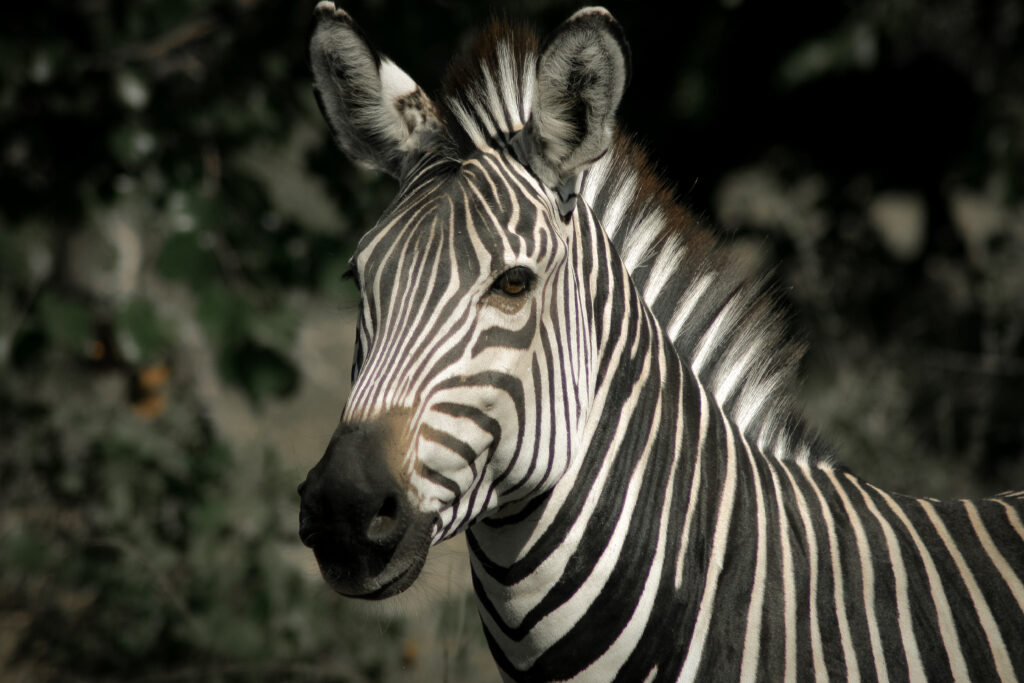
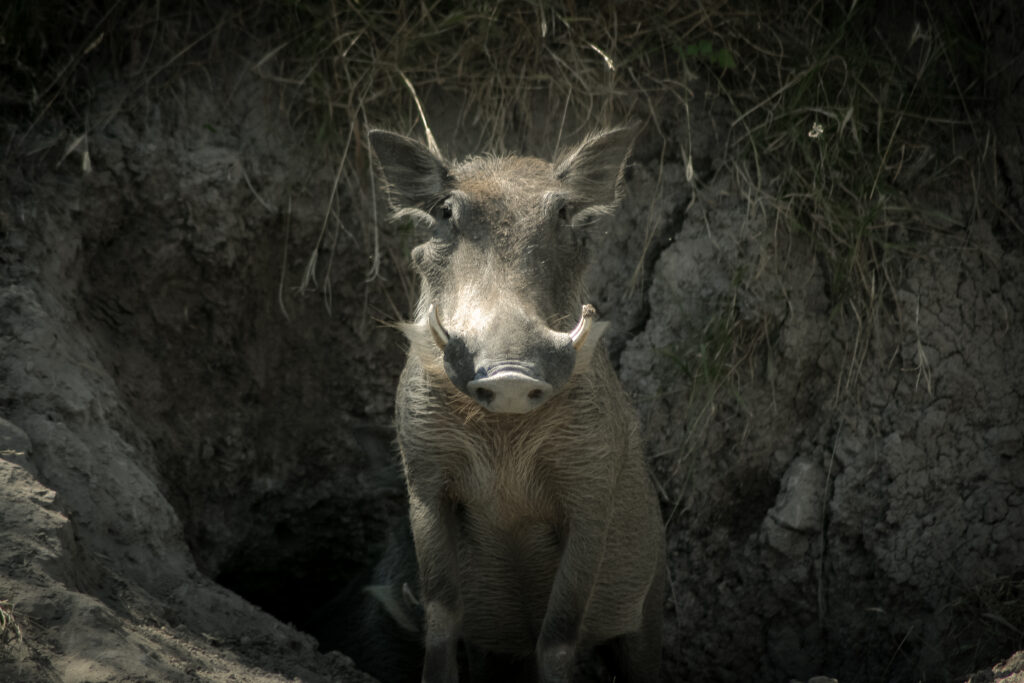
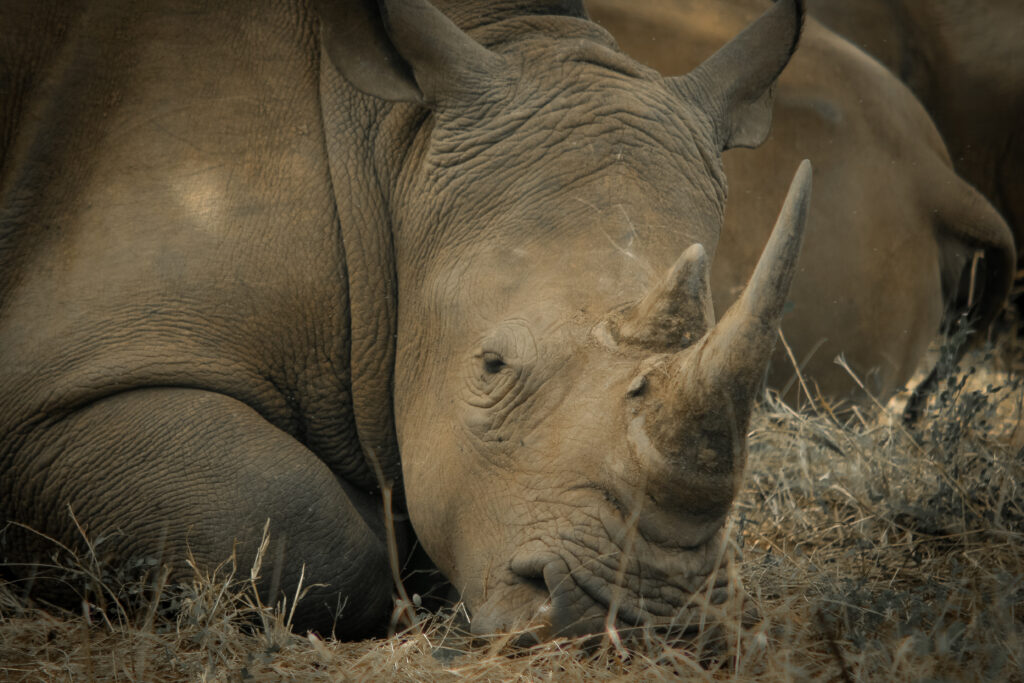
In the project, I worked on the reintroduction of African lions into the wild. With Africa’s growing human population, expanding villages and cities have caused lion habitats to shrink and fragment into smaller, isolated areas. This habitat loss cuts off lion populations from each other, increasing the risk of inbreeding, which can lead to disease, reproductive issues, and ultimately a decline in the species. In this project, captive lions were placed in a ‘release site’—a semi-wild area large enough for the lions to explore and hunt, but still enclosed. The captive adults had cubs, and these young lions were raised without any human contact. Because of this, they were selected for release into the wild. Releasing captive lions who are accustomed to humans would be too dangerous, as they lack fear of people, which could lead to conflict
Seeing lions for the first time is an unforgettable experience. They’re not called the majesties of Africa for nothing. Their grace, power, and commanding presence are awe-inspiring. The way they move, roar, and lock eyes with you—it’s enough to leave you frozen in place, overwhelmed by the sheer power of one of Africa’s greatest predators. In that moment, you can’t help but feel small and humbled.
We often say humans are the most powerful species because of all the technology we’ve created, but in the wild, standing before a lion, it’s clear how insignificant we truly are. When a lion’s eyes meet yours, it’s as if two entirely different worlds momentarily collide. For me, it evokes a deep sense of wonder and respect for the beauty and complexity of these animals. I’ve always wondered what thoughts flicker behind those golden eyes, but the mystery deepens when they look away, as if we’re nothing more than a passing curiosity, a shadow in their vast, untouchable domain. Those fleeting glances, so brief yet so profound, are a humbling gift. In that moment of indifference, they remind us that we are just one species among millions, a tiny blip in the history of this planet. Despite all we’ve created, all we’ve achieved, in the eyes of the wild we are insignificant, a part of something far older, complex, deeper, and more intricate than we can ever hope to understand.

I believe humans are a species that lost its way when we disconnected from nature and wildlife. We’ve built such a complex world and society, yet often find ourselves feeling lost, incomplete, struggling to fit in. We’re constantly searching for something that gives meaning to our lives, our moment of glory, happiness, or recognition. We long to leave a legacy, to be remembered forever. There’s nothing wrong with striving for those things. And yet, sometimes, it feels like we’re chasing something unreachable, never satisfied with what we have, always wanting more, like eternal, restless children.
Wildlife is different. Animals seems to live fully in the present moment. They simply exist, with a wisdom and humility that we could learn from. They don’t care about us, or the world we’ve built. They’re just there, peaceful and self-assured. It’s a reminder that we, too, have a right to be in this world, to coexist with nature, respecting each other and adapting without destroying everything that doesn’t fit into our idea of ‘society.’ There’s so much we’re still learning from wildlife, about ecosystems, intelligence, and even ourselves. When a species teaches us this much, protecting it becomes a responsibility, not a luxury.
